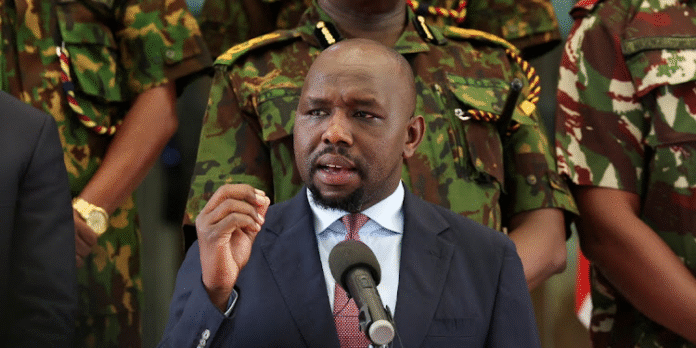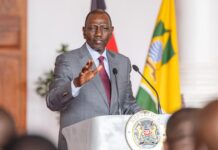Kenya has officially proscribed the Muslim Brotherhood and Hizb-ur-Tahrir as terrorist organisations under the Prevention of Terrorism Act, marking a major shift in its counterterrorism strategy.
The declaration was published in Legal Notice No. 157 of the Kenya Gazette Supplement on September 19, 2025, by Interior Cabinet Secretary Kipchumba Murkomen.
The order, issued under Section 3(3) of the Act, takes immediate effect and will remain in force until revoked by the Cabinet Secretary or by a court.
The ban criminalises membership, fundraising, propaganda, or support linked to the two groups. Security agencies are now empowered to freeze assets, disrupt meetings, and dismantle networks tied to the organisations.
Kenya joins countries such as Egypt, Saudi Arabia, the UAE, Bahrain, and Russia, which have already outlawed the Muslim Brotherhood. Founded in Egypt in 1928 by Hassan al-Banna, the Brotherhood is considered one of the most influential Islamist movements of the 20th century. It has blended religion, politics, and social activism, inspiring branches worldwide, but has also been accused of fuelling extremism and providing the ideological base for Hamas.
Hizb-ur-Tahrir, meanwhile, is an Islamist movement advocating for a global caliphate. By including it in the ban, Kenya signals an intent to curb radicalisation before it takes root.
The move comes against a backdrop of Kenya’s painful history with terrorism, including the 2013 Westgate Mall siege, the 2015 Garissa University massacre, and the 2019 DusitD2 attack — all blamed on al Shabab. Officials say outlawing transnational Islamist groups will help prevent radical recruitment, particularly among vulnerable youth, while strengthening Kenya’s ability to cut financial and ideological pipelines.
Analysts view the designation as both a domestic security measure and a signal of alignment with regional counterterrorism policies.



















